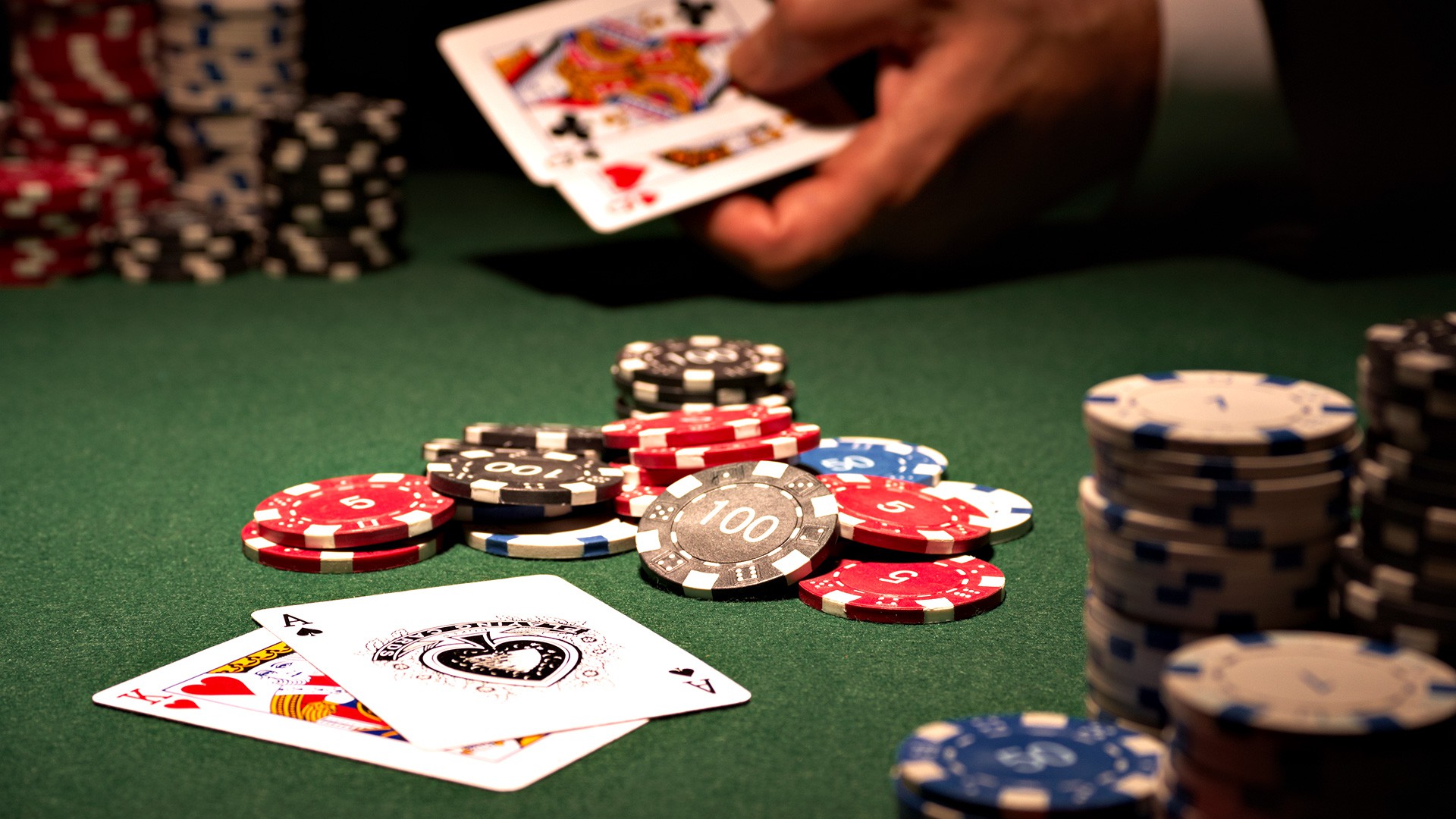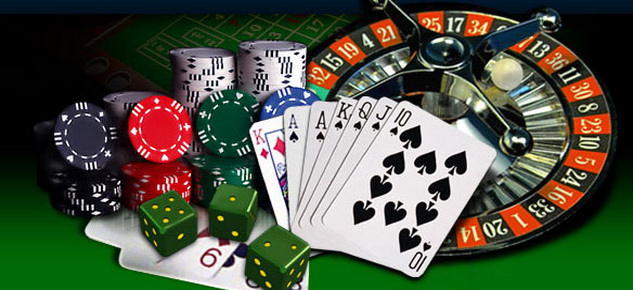A poker strategy that allows you to beat your opponents more often is based on mathematics. A high level of understanding of the theory is an opportunity to achieve good results.
But professionals in training are seriously working on the psychological side of the game. This article talks about the use of psychology in poker, tilt, the influence of emotions on thinking and methods of self-control.
Psychology in poker is the basis of success
The participants in the distribution are real people. At the table, excitement can change their view of the process and opponents. If an experienced poker player loses, the reasons for failure are in his mind or look, emotions on his face, psychological state.
Without self-control, great victories cannot be achieved. A profitable game is the result of serious analysis, the ability to read the emotions of opponents and follow the right strategy.
The character of a poker player is an important resource for making decisions at the table. Pros control thoughts, can focus and not succumb to excitement. Players with good self-control are protected from weak actions in tilt situations.

The concept of tilt
Knowledge does not guarantee permanent victories. Failure is part of the game. And tilt is a state of emotional stress due to defeats or major victories. The player loses concentration, thinking changes.
A tilting poker player makes mistakes and at some point loses control of the situation. An emotionally unbalanced player is subject to emotions and is unable to rationally follow a strategy. Defeats and monetary losses are inevitable.
Poker is a job, not a wheel of luck. Psychology helps novice players soberly assess their strengths, methods, resources and protects against the negative effects of failure. But tilt can also happen after a series of big wins.
How to remove tilt from your life
Pros recommend following the unwritten rules:
- Start playing a poker session only in a good psychological state. You need to focus. Domestic problems, anger, fear, irritation, fatigue – all this leads to the tilt side.
- Concentrate on strategy, analysis of the hand, finding the right decisions at the table.
- Understand that in poker, the correct draw does not always end in victory. Focus on work at a distance, not succumbing to emotions due to local failures.
Other methods:
- Do not play for several days (in a critical situation). Leave poker, don’t think about it. Switch to other things.
- Do not try to quickly jump on the limits. Act carefully, according to the bankroll.
- Tilt can also be hidden. The results of the poker player are deteriorating, it is difficult for him to analyze hands, it is uncomfortable to think and play. In this case, it is necessary to study the statistics, find errors in the strategy. The mind will calm down – the pressure will disappear.
The reasons
Individual problems or their combination lead to player tilt. The strength and duration of the disequilibrium state is influenced by the strengths and weaknesses of the psychological aspects of the poker player. Each case must be studied separately.
Common causes, signs and types of tilt:
Protracted downswing. The losing streak is a problem for rational thinking. A person loses self-control due to negative emotions. Failure in the session is perceived as a natural error, a sign that the game is 100% unprofitable.
Moving and coolers. The player is acting correctly – the strategy is strong, the decisions are competent. But still a failure. Questions arise in my head: “What did I do wrong?”, “Why is it so unfair?”, “The RNG in the room is twisted?”. In poker psychology there is a term “victim”. A person is mistaken in assessing the situation, feels the loss is undeserved. It is impossible to remain reasonable in such a state.
Complex nature. Some beginner poker players cannot accept defeat. They hate losing in life. They are afraid that the opponent bluffed and outwitted them. The nature of the “winner” makes you do stupid actions on emotions.

Unfounded self-criticism. Mistakes are part of the game. They are useful for analyzing tactics and development. But for poker players, a mistake often turns into a strong emotional decline. They blame themselves, give up, give in to stress – lose again.
Faith in luck. To the person at the table it seems that he is guaranteed to win. Instead of a strategy, he has moves for luck. Motivation is replaced by blind faith in success without reason.
Revenge plan. Intentional aggressive play against one or a group of opponents. The poker player chooses a “target” and acts out of spite, contrary to tactics and common sense.
Despair. The state of “need to recoup at any cost.” After a losing streak, the poker player wants to win. There are big bets, all-ins, limit jumps – and the loss of all money as a result.
Ways to work on yourself
Emotions and states need to be remembered:
- Note the features and conditions of their manifestation.
- Analyze possible problems in different areas of life, propensity to gamble.
- Professionals in a calm state write down information about tilt, thoughts about it.
- The goal is to learn a lesson, to find a way to eliminate the causes of failure.
- Much like life. Serious problems affect the ability to think, and their analysis reduces confusion in the head.
Confidence and internal resource are added:
- Reading books about psychology, self-development, the “human” side of poker.
- Work with a coach and mentor.
- Building theories of defeats, searching for the causes of negative emotions.
- Training of memory and logical thinking.
Many novice players find it hard to work on themselves. There are psychologists in the world of poker. People with education. Their job is to help clear the mind, put thoughts in order. The work of specialists costs money, but the effect at a distance pays off the investment.
